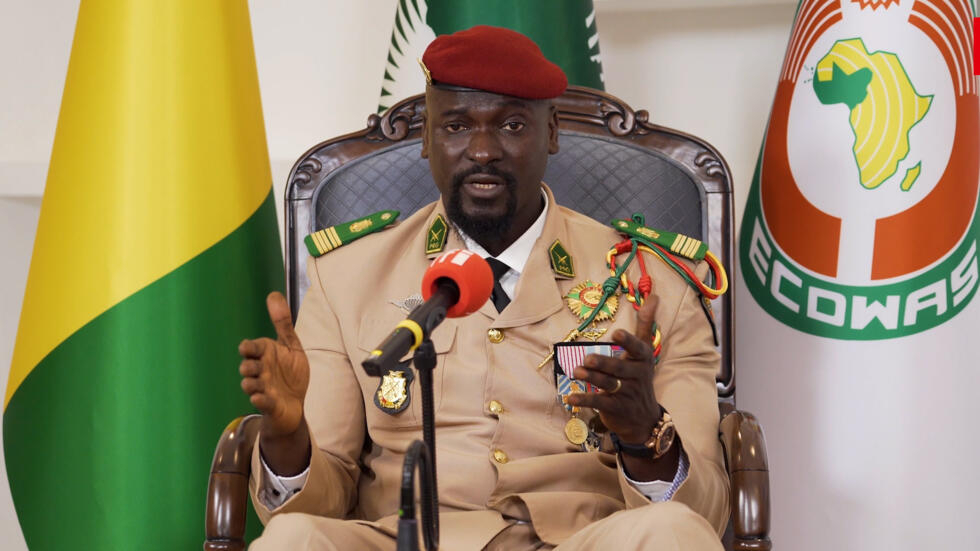Guinea’s political landscape has taken a sharp turn with the National Council of the Rally for Development (CRND) dissolving the interim government. This move, shrouded in uncertainty and executed with military overtones, raises concerns about the country’s future trajectory and potential for instability.
The abrupt dissolution, announced on state television without a clear timeline for forming a new administration, leaves Guinea in a state of limbo. The interim government, appointed in July 2022, faced numerous challenges, including public scrutiny and pressure from the regional ECOWAS bloc, which had extracted a promise from the military junta for a transition to civilian rule by late 2024.
Adding to the unease, the announcement was delivered by the presidency’s secretary-general surrounded by military officials, including armed and masked soldiers. This display served as a stark reminder of the military’s continued influence and presence in Guinea’s governance, following the 2021 coup led by General Mamadi Doumbouya.
Further tightening their grip, the military issued a communiqué demanding members of the dissolved government return their official vehicles, and passports, and even freeze their bank accounts. This unprecedented move raises questions about the junta’s intentions and commitment to democratic principles.
The international community and Guinean citizens now face an uncertain future. The lack of clarity surrounding the new government, the military’s assertive stance, and the absence of a defined transition plan create a breeding ground for instability and potential human rights concerns.
Moving forward, it is crucial for the CRND to provide a transparent and concrete roadmap for the formation of a new government, one that adheres to democratic principles and respects the will of the people. Additionally, dialogue with relevant stakeholders, including political parties, civil society, and regional actors, is essential to establish trust and navigate this critical juncture peacefully.

